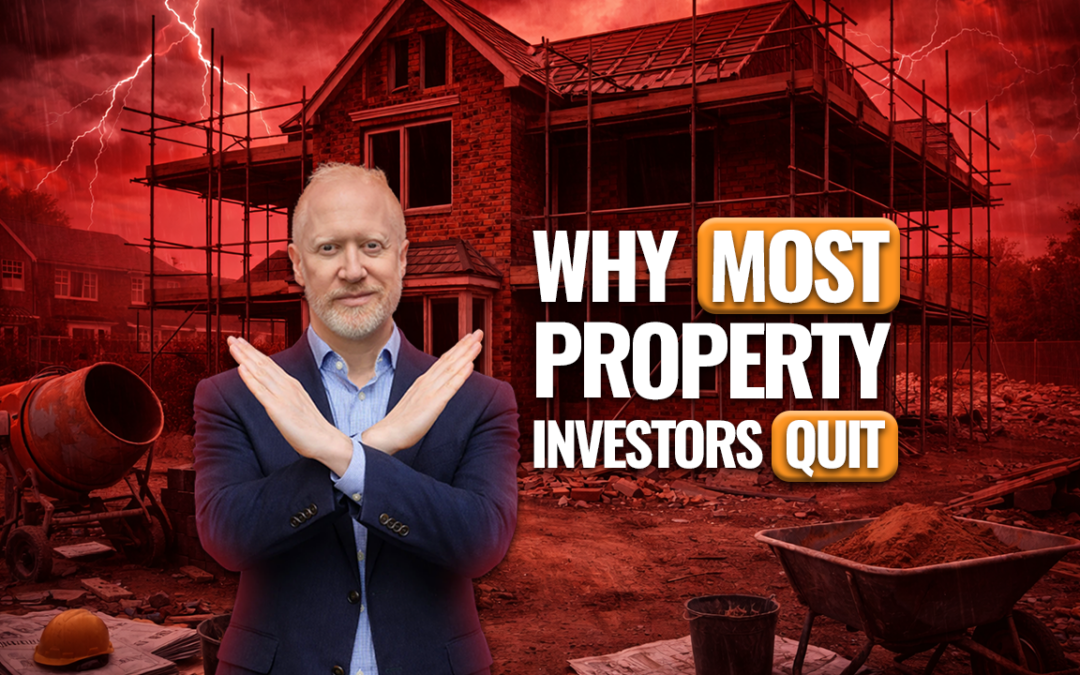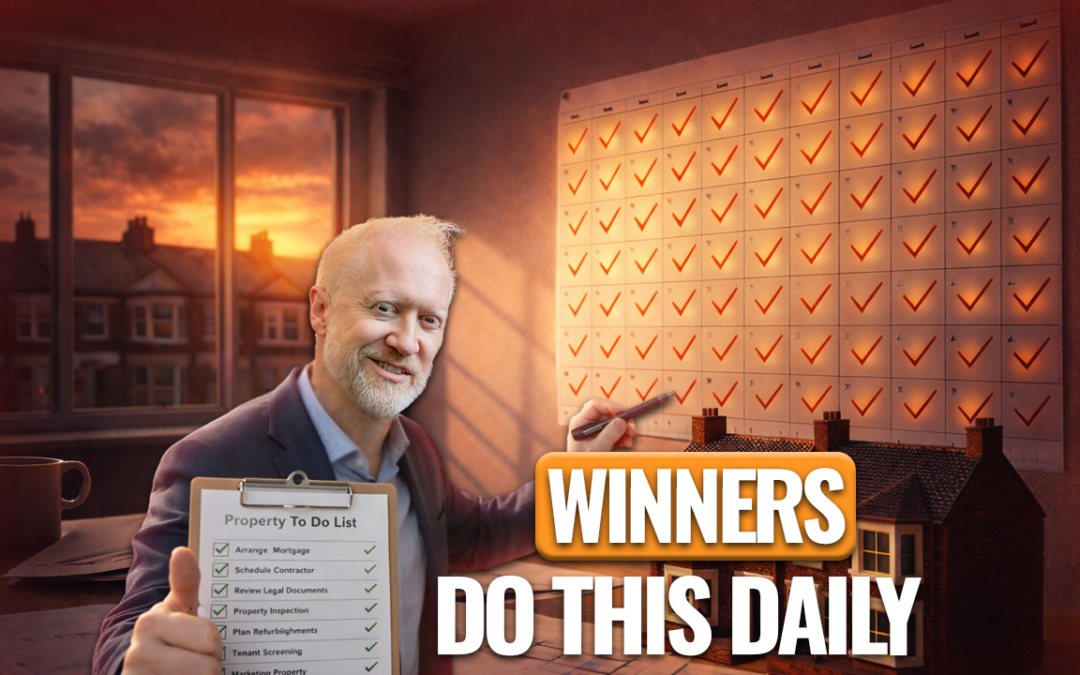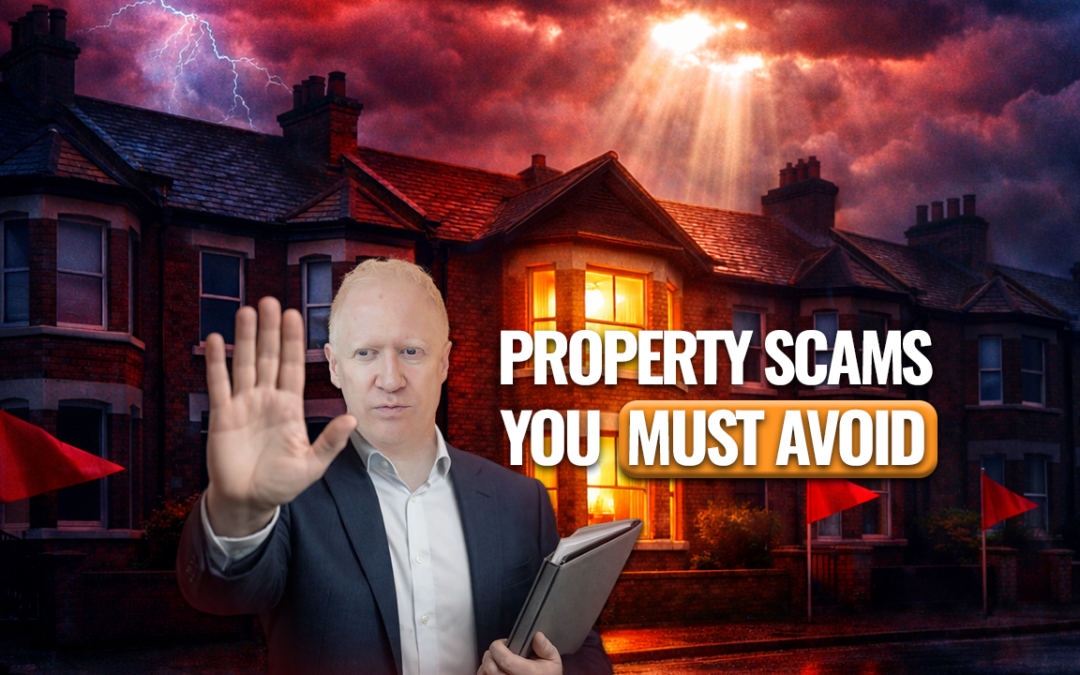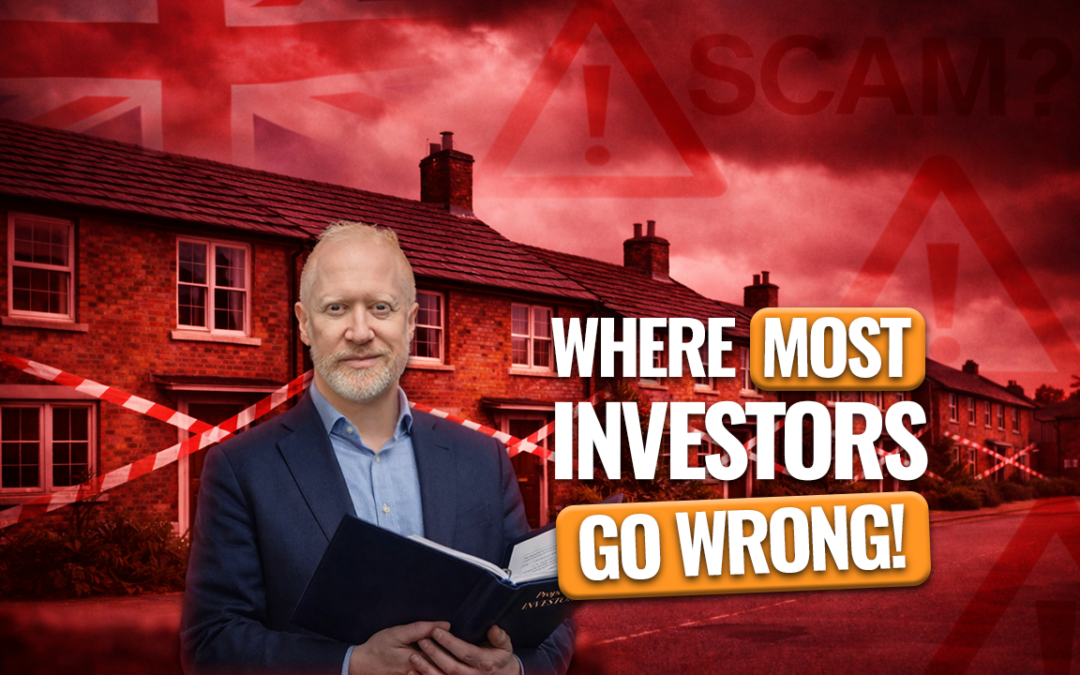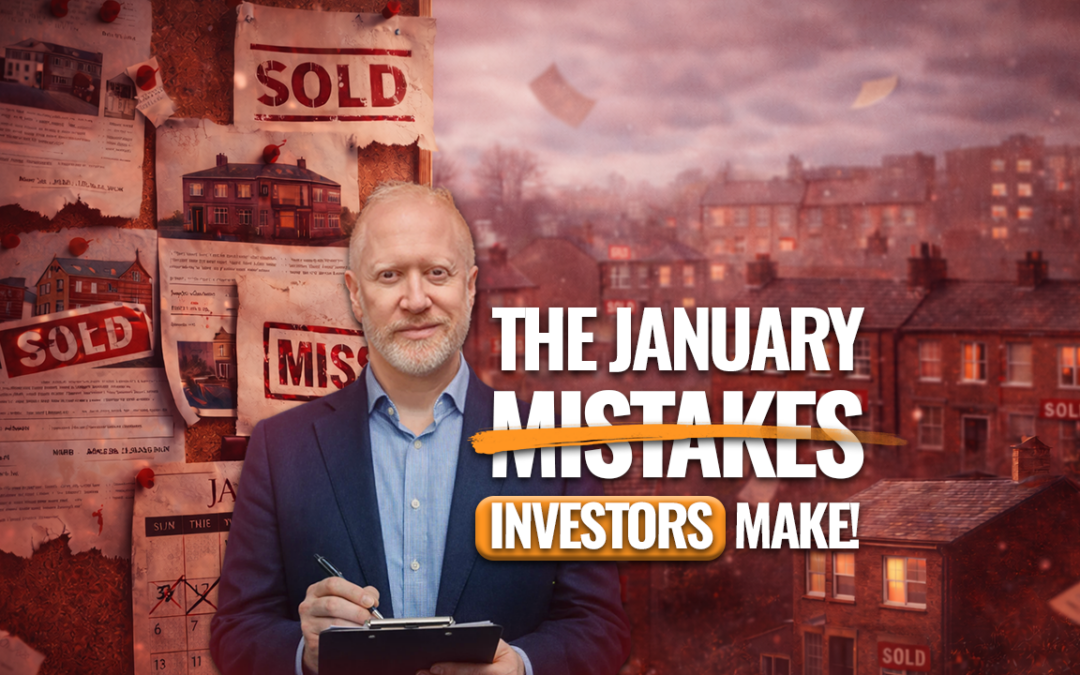In this blog you are going to learn all about the meaning of a joint venture in property. So what is a joint venture agreement? Well, a joint venture is where two or more parties come together and work together for mutual benefits.
For example, a property investor (person A) may find a really good property deal but run out of enough money to fund the deal themselves. Person A finds someone else (Person B) who has some money. But they do don’t not have time, knowledge or the inclination to go and find property deals them self. Person A, with the deal, and Person B, with the money come together and work for a shared mutual benefit. Typically, people do a 50/50 split. Someone’s got the deal, and someone’s got the money. They put it in together. They split the cash flow generated from the property, and they split the future equity growth. It doesn’t have to be 50/50 split. But that’s what most people do because they seem to think it feels fair.
Make Sure Your Vision Is The Same As Your Partner
Joint Ventures in property can be amazing because you can do property deals that you would not be able to do on your own. Yet there are a couple of things I want you to be aware about when you do a Joint Venture property investment.
The first one is, you’re not going to just bump into someone at a network meeting and decide there and then to do a property joint venture with them. When you do a Joint Venture agreement, you’re effectively going into business with someone. I think it’s really important to make sure you get to know that person. This is to understand if you have similar values to them, are you aligned, and also make sure your vision and mission is the same as well.
It’s no good if you want to flip properties and the other person wants to hold long term as there’s a clash of objectives. You’re not looking to achieve the same thing.
“It’s no good if you want to flip properties and the other person wants to hold long term as there’s a clash of objectives.”
If you are looking for potential property Joint Venture partners, a great place to find them is at property networking events,. But also property training seminars, or maybe even members of your family, friends or work colleagues. People who you can come together with and pool your resources. It’s really important to get to know each other and make sure there’s a good strategic fit first of all.

Agree What Everyone’s Responsibilities Are
The second thing that’s really important, is you need to agree what everyone’s roles and responsibilities are in the property Joint Venture. Sometimes things can go wrong when investing in property. In property, there are problems, things go wrong in property. Sometimes joint ventures don’t quite work out. It comes down to a couple of things. Very often, it comes down to either misaligned expectations, poor communication or people making assumptions on what would happen.
By sitting down with your property Joint Venture partner before you do a deal, you can think through decisions. These include the following. How long do you want work together? What are you trying to achieve? Do you want to buy and hold, or flip? What is the exit strategy and the time scales?
Make sure you’re aligned. Then who’s doing what, who’s responsible, and when are they going to do it, and what happens if they don’t do it. You also need to do a bit of contingency planning. Think about, what happens if the market crashes, what happens if we can’t rent it out, what if it gets vandalised. You need to think about what are some challenges and what do you do about those. This is not to put you off working together with a property joint venture partner, as most of those things will never happen. But it’s about just being aware what would you do if you have those problems.
If you fall out, or for whatever reason, you decide to dissolve the partnership, or something’s not working, then as long as you have your joint venture agreement in writing, it’s much easier to get someone to arbitrate and find a fair outcome because unfortunately not all property joint ventures work. So, just be aware of that.
“The best thing you can do is flag it up as soon as you possibly can, so you can work together to find a great solution for everyone involved.”
Having said that, the reason people do property Joint Ventures is because you can profit from a deal that you might not otherwise do. You also might get access to deals or money that you wouldn’t normally have if you’re just doing it on your own. When you find the right JV partner, you can achieve so much more than you could on your own. You might have a number of different property joint venture partners that work on different projects. That’s absolutely fine. I just want to make sure you’re aware that it’s something you can do, but you need to be careful.
Get to know the other person really well, make sure you have a joint venture agreement in writing. Then once you’re in the joint venture property investment, make sure you communicate regularly. Let each other know what’s going on especially if there are problems. Sometimes people are embarrassed that something’s gone wrong. They don’t want to tell their partners. I can understand that. But if you’re partners, you need to work together to solve the problems. The best thing you can do is flag it up as soon as you possibly can, so you can work together to find a great solution for everyone involved.
I just wanted to give you a little bit of an introduction to property joint ventures. I hope that’s useful. There’s going to be more information and training on this site. We look forward to sharing more information with you.
A great way to meet potential Joint Venture partners is at property network meetings. Why not book in to your local monthly property investors network meeting here.

